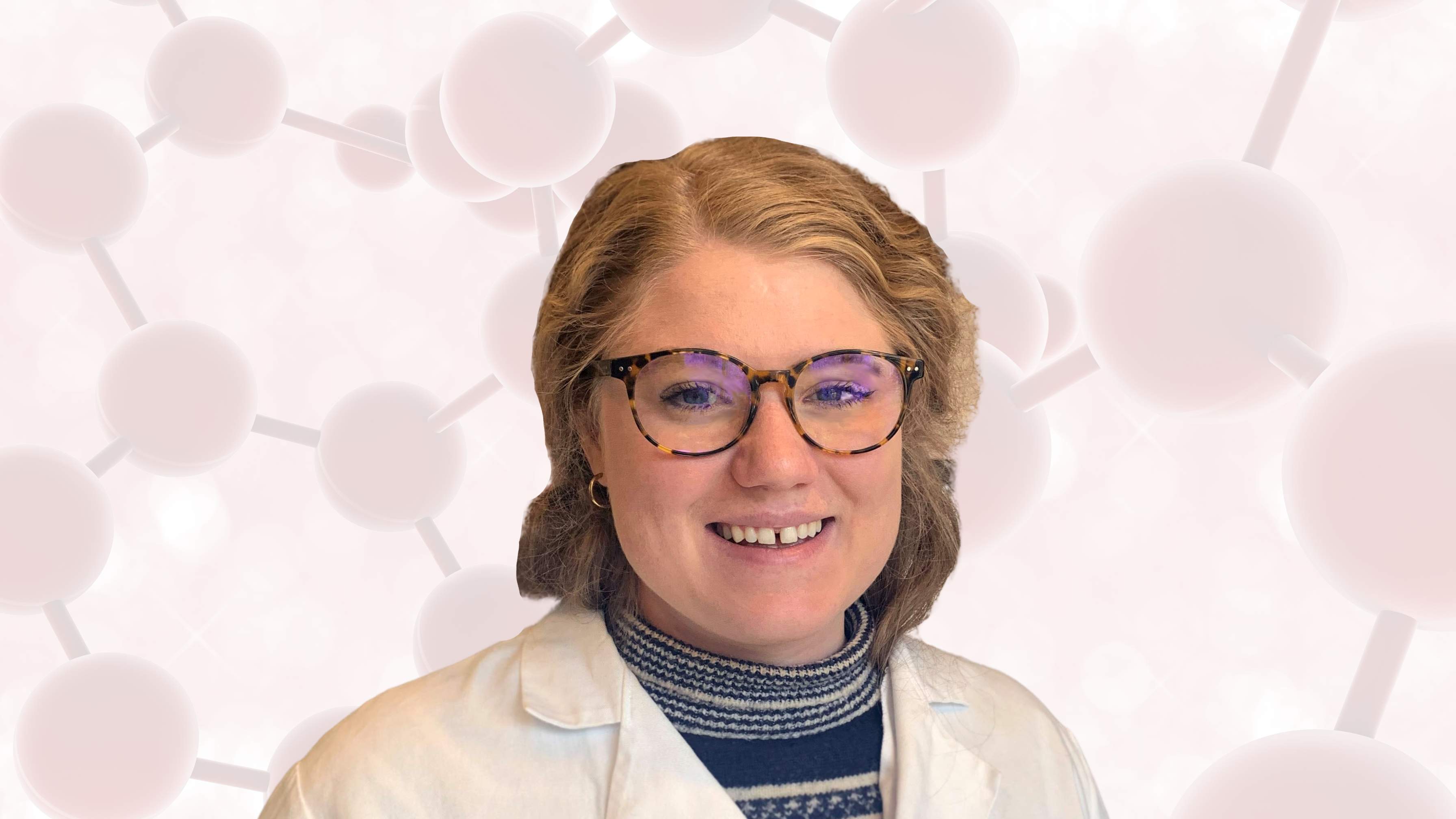
2024
The title of my project is “Understanding the Role of HUWE1 in HIV Infection”. HUWE1 is a human cellular protein that has a role in limiting HIV infection and also interacts with the HIV-1 accessory protein Vif. HUWE1 has also previously been found to regulate the immune system’s activation. We hypothesize that HUWE1 suppresses HIV infection by blocking the function of Vif and by activating the immune system’s response to HIV infection.
This project follows up on the identification of HUWE1 as a host anti-HIV protein by HARC center members using functional genetic screens and HIV-human interaction studies. I will use cutting-edge CRISPR gene editing methods in primary T cells and methods to identify protein function developed by the HARC center to characterize the mechanism by which HUWE1 functions in HIV infection and its interaction with the HIV-1 accessory protein Vif. This project aims to further our understanding of this novel HIV restriction factor and how the Vif viral protein is regulated.
Although antiretroviral therapy (ART) means HIV is now a manageable diagnosis, there is no cure, meaning people living with HIV must stay on medication their whole lives. One suggested cure strategy is to boost the body’s own immune system to clear the infection. I am excited that my work to understand HUWE1s role in immune activation could contribute to this.
When HIV infects a human cell, it completely rewires the cellular processes to suit its own intentions. Whilst many effective treatments are available to treat HIV infection, we will only achieve a cure when we can understand exactly how HIV functions within cells. Key to this is the study of HIV-host protein complexes where viral proteins directly interfere with human cellular mechanisms. This knowledge will allow identification of new treatment targets as well as an eventual cure for HIV infection.